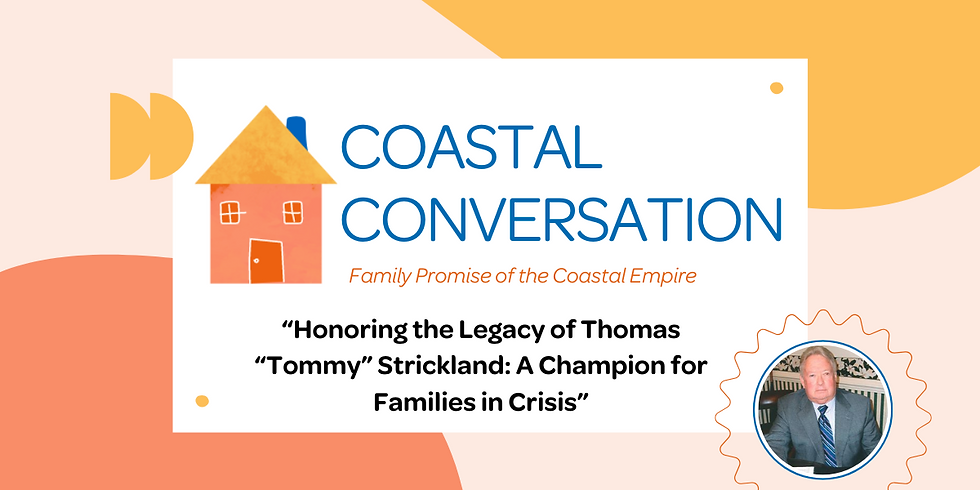Navigating the Edge: How ALICE Families Face the Precipice of Homelessness
- fpcoastalempire

- Aug 12, 2024
- 2 min read

In the fabric of society, there exists a group often overlooked but crucial to the economy: ALICE families. Asset Limited, Income Constrained, Employed families teeter on the brink of financial stability, often just one emergency away from homelessness. In this blog post, we delve into the challenges these families encounter, explore the impact of unexpected crises, and discuss ways we can support and empower ALICE families to prevent homelessness.
Understanding ALICE:
ALICE families are the backbone of our workforce, comprising individuals who work hard every day but struggle to make ends meet. They earn above the federal poverty level but still find themselves unable to afford basic necessities such as housing, childcare, healthcare, and transportation. Despite their best efforts, these families live paycheck to paycheck, with little to no savings to fall back on in times of crisis.
The Precarious Balance:
For ALICE families, maintaining financial stability is like walking a tightrope without a safety net. Any unexpected expense—a medical emergency, car repair, or job loss—can send them spiraling into financial hardship and, ultimately, homelessness. The margin for error is slim, and the consequences of even a minor setback can be devastating.
The Impact of Emergencies:
When faced with an emergency, ALICE families are forced to make impossible choices. They may have to decide between paying rent or putting food on the table, seeking medical care or paying utility bills. These decisions can have long-term repercussions, exacerbating their financial strain and pushing them closer to the edge of homelessness.
Supporting ALICE Families:
As a community, it's essential that we recognize and support ALICE families in their struggle to achieve financial stability. This support can take many forms, including:
1. Financial Assistance: Providing emergency funds or short-term financial assistance to help ALICE families cover essential expenses during times of crisis.
2. Affordable Housing: Investing in affordable housing initiatives to ensure that ALICE families have access to safe and stable housing options that are within their budget.
3. Access to Benefits: Helping ALICE families navigate government assistance programs and access benefits such as SNAP, Medicaid, and childcare subsidies to alleviate financial strain.
4. Education and Training: Offering opportunities for skill development and education to help ALICE families increase their earning potential and move towards long-term financial security.
5. Advocacy: Advocating for policies and initiatives that address the root causes of ALICE families' financial instability, such as inadequate wages, lack of affordable healthcare, and childcare costs.
Empowering ALICE Families:
Ultimately, empowering ALICE families means giving them the tools and resources they need to build a brighter future for themselves and their children. By offering support, advocating for change, and working together as a community, we can help ALICE families break the cycle of poverty and achieve lasting financial stability.
Conclusion:
As we navigate the complex landscape of poverty and homelessness, it's crucial that we shine a spotlight on the struggles of ALICE families and work towards solutions that offer them hope and opportunity. By recognizing the unique challenges they face and offering support and empowerment, we can make a meaningful difference in the lives of ALICE families and prevent homelessness for generations to come.




Comments